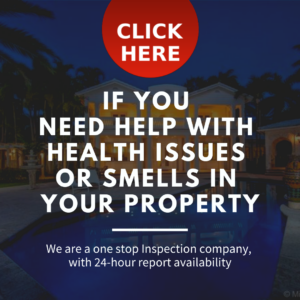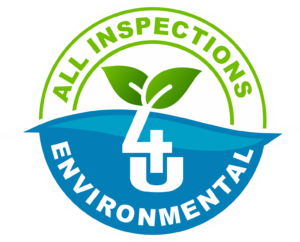Condo Inspections

AVAILABLE SERVICE IN MIAMI, BROWARD & PALM BEACH COUNTIES
It is wise to research minutes of the condominium meetings for the past year looking for signs of exterior or maintenance problems, asking to see proof of major structural costs, the fees incurred and the repairs made. Look at the common areas to determine if maintenance has been performed since poor maintenance usually indicates a lack of funds.
Do you have your own heating and air conditioning unit or is it part of a central system and make sure to have both inspected to determine the condition of the unit(s)? Ask the current owner for a detailed list of running costs for the unit, both in summer and winter, and find out if the filters have been changed and if the ducts are cleaned. The inspector will check the electrical panel to see if all breakers are working. Toilets and sinks are tested for proper drainage.
The licensed building inspector will test all appliances within the unit to see that they are in proper working order and that none have been recalled by the manufacturer. He will also check the electrical outlets to ensure they all work and examine the placement and working order of GFCIs, or ground fault circuit interrupters. Smoke detectors are checked as well.
Windows must seal when closed, preventing air from both leaving and entering the unit. The door needs to be hung low enough to prevent air from coming in from the outside or the hallway and the doorbell is tested.
A check is made for staining on the ceilings that indicate leaking plumbing from above. The space between the floors and baseboards is measured to determine the durability of the flooring. Loose tiles are noted as is loose carpeting, which may be caused by previous flooding.
CONSIDERATIONS
If you are considering buying a unit in a condominium, you may be confused about what type of home inspection you should do on the property. Before we go into the types and scopes of home inspections for condos, let’s take a moment to better understand how condominiums work and identify your areas of greatest risk. We’ve bolded the important condo-specific vocabulary to better prepare you for the process of buying and inspecting a condo. The definitions for some of these terms are linked for further information.
The most important thing to understand about a condominium is the homeowners association (HOA). The HOA is responsible for maintaining the parts of the building that are outside the walls of your unit. It most likely has no assets other than the money collected from you as a member of the collective building – the dues you pay to maintain the building. So, if you buy into a condominium that has low reserves of money saved, low monthly dues and a backlog of deferred maintenance, you may be buying into a maintenance liability.
HOAs typically make up unfunded maintenance liabilities by assessing each individual owner of a condo unit. The special assessment is a one-time charge so that the HOA can proceed with needed building maintenance. If there is a serious backlog of maintenance needed, assessments can be expensive. They can even be a significant percentage of the value of each unit. So, when you are buying into a condominium, your greatest risk is usually the overall condition of the building(s) combined with the overall “health” of the HOA, not the interior of the unit.
WHY CHOOSE CONDO INSPECTION?
Our professional home inspectors will conduct a complete examination of the property. Our home inspectors will examine the plumbing, heating, ventilation and electrical systems, the structure components and insulation. We will also evaluate the interior, the built-in kitchen appliances and the doors and windows. We will provide you with a detailed written report and include photos and recommendations for any necessary repairs. Our inspectors will discuss with you all questions and concerns about repairs or items that require attention.
Most home inspectors offer two types of home/townhome inspection services on condominiums: full inspections or interior only inspections. Interior only inspections do not include attics, crawl spaces, exteriors, roofs, parking garages or other common areas.
Before closing on your condo, here is a condo inspection checklist of things to be on the lookout for:
● Mold (spots on the walls or windows)
● Cracked walls
● Water damage, including warped or sloping floors and walls
● Strange or unpleasant smells
● Adequate water pressure
● Check to make sure the electrical systems are all working properly
● Ensure that the A/C and other HVAC systems are functioning
● Check for gaps in the caulking in the shower and bathtub area, as well as the kitchen
Having an inspection done by All Inspection 4U will give you the peace of mind you need when buying a new home.
To schedule an inspection, call (954) 802-8524
Call (954) 802-8524
SCHEDULE AN INSPECTION TODAY


